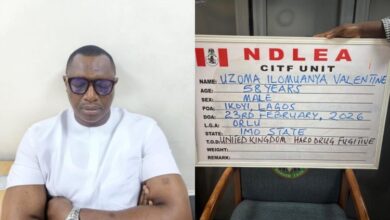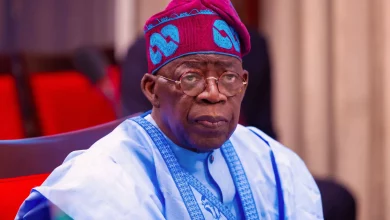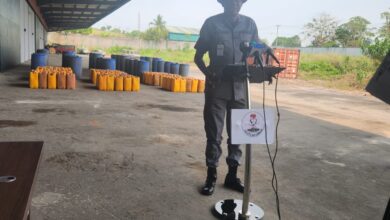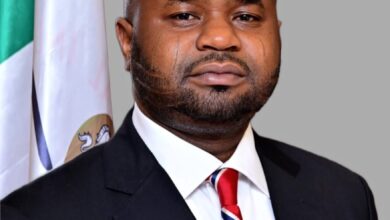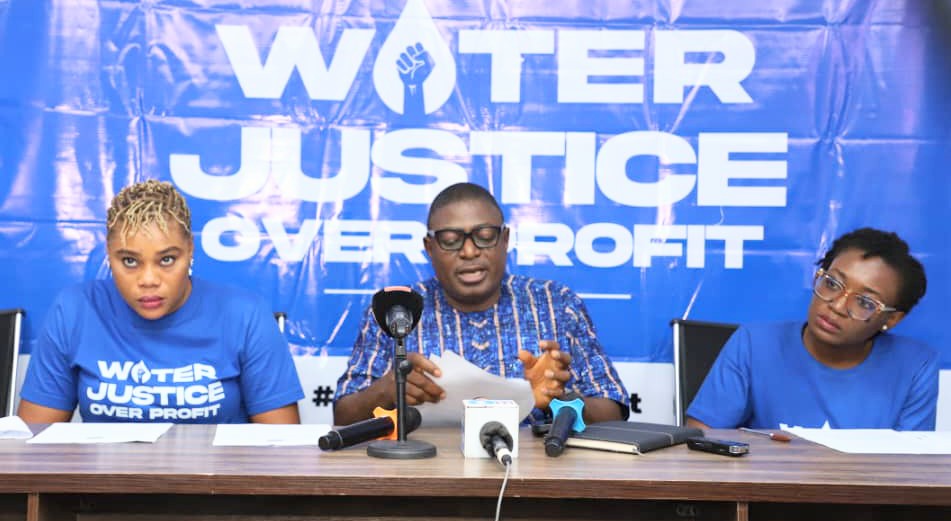
Water Justice Over Profit: Communities, civil society, and trade unionists from across Africa demand equitable access to safe water, free from the dangers of privatisation.
OWORAC is a network of community leaders, civil society, and trade unionists from nearly a dozen African countries who have found a common cause in the movement against water privatisation and for a renewed, community-centred approach to meeting the needs of the African people and environment through sustainable public water management.
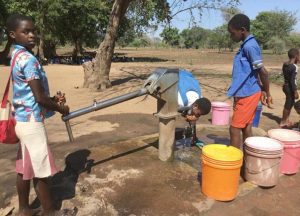 Organisers are urging Water Justice Over Profit, recognising the unique moment that the continent finds itself in this year, as popular mobilisations have surged in response to widespread frustration with the rising cost of living and governments prioritising corporate interests over the needs of their citizens.
Organisers are urging Water Justice Over Profit, recognising the unique moment that the continent finds itself in this year, as popular mobilisations have surged in response to widespread frustration with the rising cost of living and governments prioritising corporate interests over the needs of their citizens.
Today marks the commencement of the fourth annual Africa Week of Action Against Water Privatisation, an initiative of the Our Water, Our Right African Coalition (OWORAC), aimed at uplifting the urgent need to address the continent’s water crises and exposing the dangers that privatisation and corporate control schemes pose to realising the human right to water.
The Executive Director, Corporate Accountability and Public Participation Africa (CAPPA) and also a member, OWORAC, Mr. Akinbode Oluwafemi, said, “As protests rise across the continent in response to rampant corporate greed, it is imperative for us to examine how this greed impacts even our most fundamental rights and essential services
He noted that the privatisation and corporate control of water service is an affront to the human right to water and an inexcusable abdication of duty by our governments.
“Every year, the Africa Week of Action Against Water Privatisation coincides with the annual meetings of the World Bank and International Monetary Fund, to serve as a people-centred counterweight to the institutions’ outsized influence over the economic policies of the Global South.
The neocolonial forces of the World Bank and International Monetary Fund have been bearing down on the African continent for decades, entrapping states in debt and using this leverage to push anti-people policies which have undermined public welfare and environmental stewardship.
Bilateral development agencies, such as the United States Agency for International Development (USAID), have also begun to exert pressure on states to adopt similar policies, to the detriment of communities. The privatisation of essential services, especially water systems, is promoted by these institutions despite the widespread public opposition and ample evidence of its failures both globally and on the continent itself.
Among these failures are the rising cost of water service, the jeopardised livelihoods and workplace safety of public sector workers, and the deterioration of infrastructure, which the state must ultimately pay for.
It is evident that water privatisation schemes are a detriment to the community, the workers, and the state itself. So, we ask, who benefits from this callous commercialisation? Large multinational corporations, such as Veolia and Suez, and the shareholders they serve are the primary beneficiaries of corporate control schemes like privatisation and so-called public-private partnerships (PPP), which extract resources from the continent and funnel them into foreign bank accounts.
Across the African continent, communities face a variety of assaults on their human right to water from corporations and their backers. In Nigeria, bilateral agencies and international organisations such as USAID, WaterAid, the UK’s FCDO, the Africa Development Bank (AfDB), and the Global Water Partnership, among others, have promoted water privatisation ventures. Particularly, support for privatisation schemes and influence on water authorities in Lagos State has been connected to the sacking of hundreds of unionised workers in recent times and this is steering the megacity towards privatisation of the water service.
In Ghana, unchecked corporate negligence, reckless extractivism, and mining (galamsey) are catalysts for widespread water contamination and dangerous levels of pollution in local rivers.
This is a poor situation which environmentalists and health experts predict could lead to future drought cases that could add to the current loss of livelihoods for fisherfolk and crop farmers who barely survive on economic activities connected to these carelessly harmed water bodies.
Sadly, increases in cases of non-communicable diseases, deformed newborn babies, and the presence of heavy metals like cyanide and mercury in water even after treatment by the Ghana Water Company Limited (GWCL) has escaped the empathetic conscience of the Ghanaian government and the motivated perpetrators of the heinous crime who gloriously poison the waters in search for wealth over the citizens’ right to clean and safe water.
In Senegal, French private water multinational, Suez, has taken control of Senegal’s water system through its management of Sen’Eau, to the detriment of workers facing abysmal working conditions and communities who are now dealing with skyrocketing water bills and unreliable service.
A recent state audit of the privatisation scheme indicates that Sen’Eau is being “looted” by Suez itself. Adding to these man-made hardships, Sen’Eau has launched a series of aggressive attacks on trade unionists who have been vocal in opposing the company’s unequal practices.
These brave individuals, representing the interest of workers and communities, have consistently called for a system that places people’s welfare over corporate profits. Instead of addressing their concerns, Sen’Eau has sought to silence these voices, further entrenching its exploitative approach.
The recently-adopted Water (Amendment) Act in Kenya has created the conditions for increasingly unaffordable water services and pathways for privatisation schemes like public- private partnerships to hand over control of water systems to corporations. Mozambique facesvthe threat of a national utility privatisation scheme that would impact communities in all corners of the country.
And while privatisers have been kicked out of Cameroon and Gabon over the years, the spectre of privatisation and inequitable water access still looms large. Since the end of water privatisation in Cameroon in 2018, potable water distribution is temporarily under control.
But, so many preoccupations still persist, notably the fragile financial situation of the body that is in charge of managing and distributing water in the country, CamWater. It is clear that the time for action is now. The human right to water for all Africans must be protected and fulfilled.
Water justice, and social justice more broadly, requires us to prioritise public welfare overvprivate profits. A participatory approach to water governance and governments’ commitment to public solutions to the continent’s water challenges are necessary for making progress towards the realisation of the human right to water across Africa.
Through community engagement sessions, media sensitisation, engagements with policymakers and duty bearers plus those in seats of power, OWORAC members will amplify the growing demand for public accountability and an end to corporate acts of impunity that are depriving citizens rights to water, exposing them to diseases, slaughtering their economic source of livelihood, and further widening the poverty gap.






